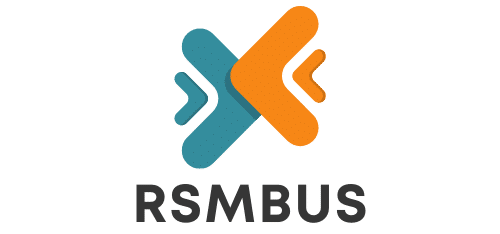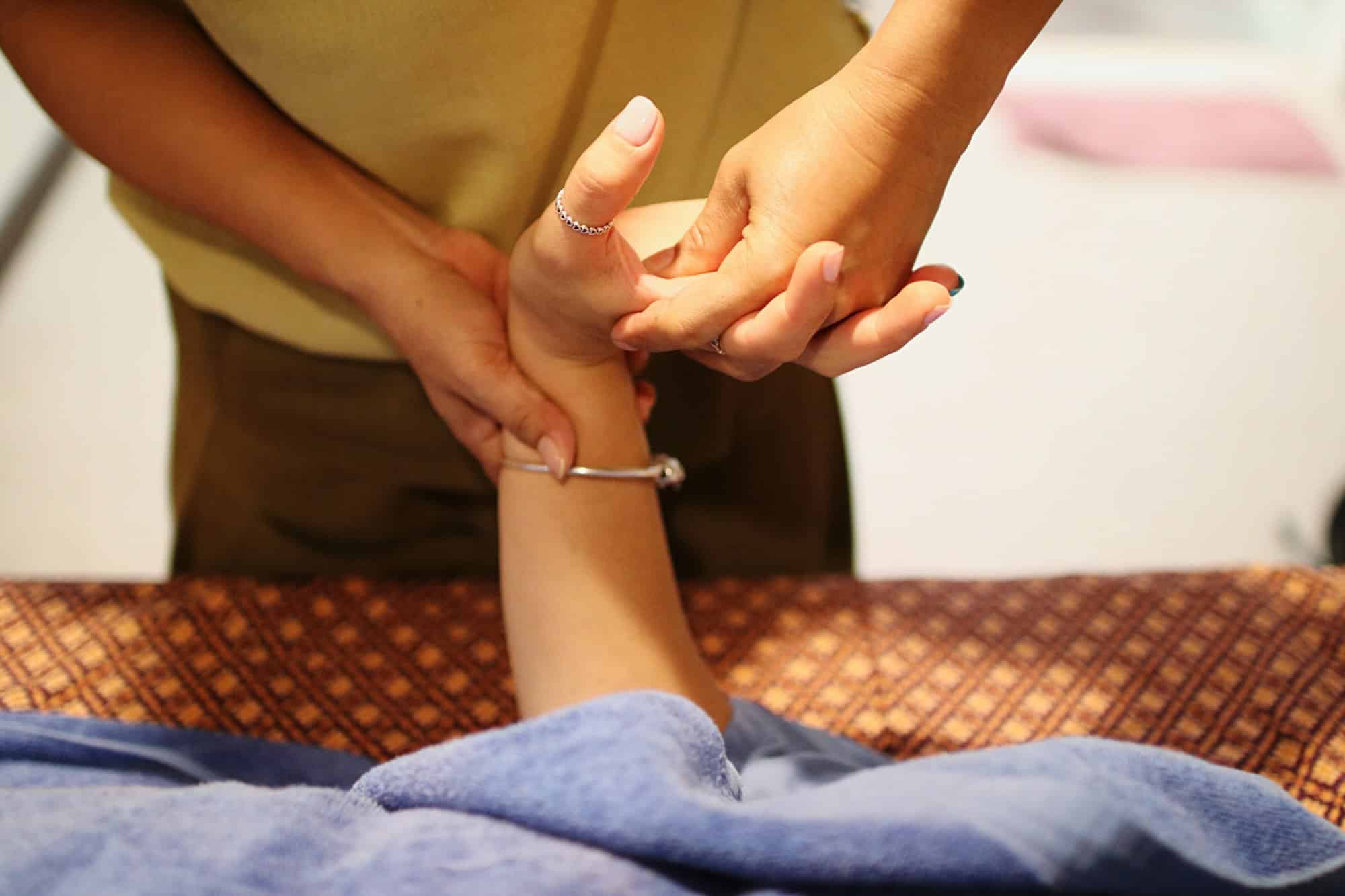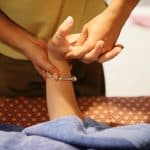The world of medicine is continually evolving, with new treatments and therapies being researched and introduced. One such complementary therapy that has piqued the interest of medical scholars and health care professionals alike is reflexology. A type of massage, reflexology primarily focuses on the feet and is often used to promote relaxation and improve overall health.
The Potential Benefits of Reflexology in Pain Management: An Overview
Avez-vous vu cela : Can Personalized Nutrition Apps Tailor Diets to Reduce Inflammation in Autoimmune Disorders?
Reflexology, an ancient therapy rooted in the belief that specific points in the feet correspond to different body parts, has been garnering attention for its potential role in pain management. While it’s not a stand-alone treatment for serious conditions, emerging evidence suggests that reflexology might have a place in post-operative care, particularly in managing pain, reducing anxiety, and enhancing patient recovery.
A randomized trial is a type of study where patients are allocated at random to receive one of several clinical interventions. Several randomized trials have indicated reflexology’s potential benefits in pain management. For instance, a study published in the Journal of Pain and Symptom Management showed that breast cancer patients who received reflexology treatments reported less short-term pain and anxiety than those who received standard care.
Sujet a lire : How Effective Are Virtual Reality Treatments for Phantom Limb Pain in Amputees?
This section will provide an overview of the potential benefits of reflexology in pain management, with a focus on key studies and clinical trials.
Reflexology and Cancer Patients: A Closer Look
For cancer patients, surgery is often a necessary step in the treatment process. However, post-operative pain can be difficult to manage, and uncontrolled pain can significantly affect a patient’s quality of life. Therefore, exploring alternative or complementary therapies like reflexology is worthwhile.
A study published in the Oncology Nursing Forum conducted a randomized trial with 385 women undergoing surgery for breast cancer. The study found that those who received reflexology reported less post-operative pain and had a better quality of life compared to the standard care group.
Another randomized trial published in the European Journal of Oncology Nursing found that reflexology significantly reduced pain and anxiety in breast cancer patients undergoing chemotherapy. Hence, the integration of reflexology in the care regimen of cancer patients can be beneficial.
The Potential of Reflexology in Reducing Anxiety and Promoting Relaxation
Aside from physical pain, patients recovering from surgery often deal with anxiety, which can significantly impact their healing process. Studies suggest that reflexology could be beneficial in addressing this issue.
A randomized trial published in the Journal of Alternative and Complementary Medicine found that anxiety levels significantly decreased in the reflexology group compared to the control group in patients undergoing coronary artery bypass graft surgery.
Another study in the Journal of Nursing Scholarship found similar results, with patients reporting lower levels of anxiety and higher levels of relaxation after receiving reflexology treatment. This suggests that reflexology could play a significant role in promoting relaxation and reducing anxiety post-surgery.
Examining the Practicality and Feasibility of Integrating Reflexology into Post-Operative Care
While the potential benefits of reflexology are promising, it is also important to consider its practicality and feasibility as part of regular post-operative care. One concern is the need for qualified professionals to administer the therapy. However, studies suggest that even nurses with basic training in reflexology can effectively deliver the treatment to patients.
A study in the Journal of Advanced Nursing demonstrated that nurses could be trained to provide reflexology to patients effectively, and patients who received reflexology reported lower pain levels and less use of analgesics. Moreover, patients found the treatment pleasant, suggesting that reflexology could be an acceptable addition to post-operative care.
As we advance in the realm of medicine, therapies like reflexology that offer potential benefits with minimal side effects should not be neglected. Given the positive results shown in various studies, it seems worthwhile for health professionals to consider integrating reflexology into post-operative care. However, more extensive and well-designed studies are necessary to confirm these findings and establish definitive guidelines for its clinical application.
The Influence of Reflexology on Chronic Pain: Digging Deeper
Chronic pain is a frequently reported issue among patients following surgical procedures. The constant discomfort can significantly reduce a patient’s quality of life and hamper their recovery process. Reflexology, with its focus on body healing, may offer relief to such individuals.
A systematic review published in the Journal of Pain Research detailed the potential benefits of foot reflexology for chronic pain patients. This study, accessible via Google Scholar, revealed that the intervention group, which received reflexology massage, reported less pain than the control group. This underscores the effectiveness of reflexology in pain management.
Furthermore, a randomized controlled trial featured in the Journal of Complementary and Alternative Medicine examined the impact of reflexology on patients with chronic low back pain. The results were encouraging as patients who underwent reflexology therapy experienced significant pain relief compared to those who received regular massage therapy.
Interestingly, a pilot study published in the Journal of Pain & Symptom Management indicated that even self-applied foot reflexology could help manage chronic pain. This highlights the versatile application of reflexology, permitting patients to actively participate in their own pain management process.
Conclusion: Reflexology’s Role in Post-Operative Care and Pain Management
In conclusion, the use of reflexology as a complementary alternative to traditional postoperative pain management methods has shown promising potential. The evidence from various randomized controlled trials, available on platforms like PubMed and Google Scholar, indicates that reflexology—be it professionally administered foot massage or self-applied foot reflexology—can help manage both acute postoperative pain and chronic pain.
The therapy can also help reduce pain anxiety, promoting relaxation and contributing to an improved quality of life for recovering patients. It’s worth noting, however, that while reflexology shows promise, it should not replace traditional medical treatments but rather complement them.
Despite the optimistic results, further research is needed to fully understand the mechanisms behind reflexology’s positive effects and to develop guidelines for its optimal use in postoperative care. In the future, reflexology may become a regular feature in post-operative care, providing patients with a holistic approach to their recovery. As we continue to explore and validate alternative medicine options, the integration of treatments like reflexology will undoubtedly shape the future of healthcare.











